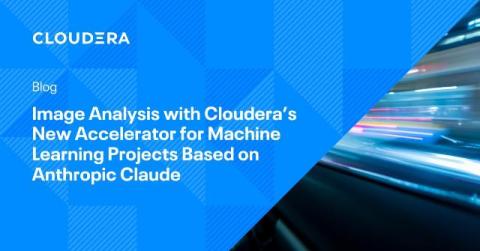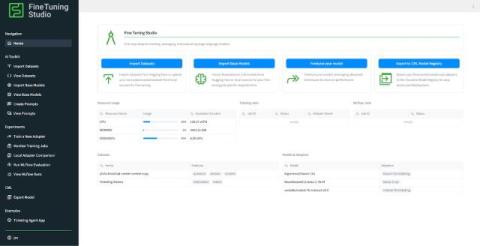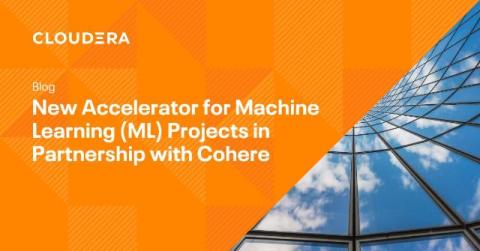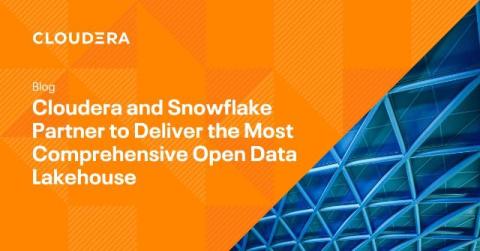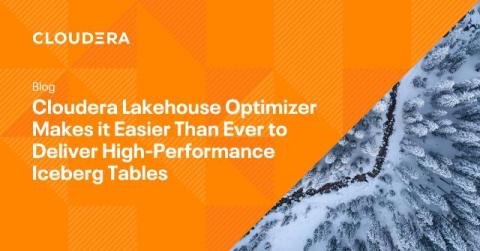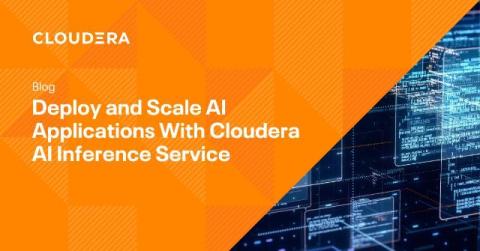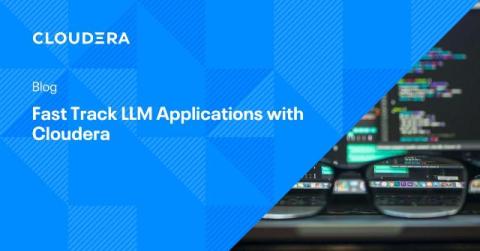Empower Your Cyber Defenders with Real-Time Analytics Author: Carolyn Duby, Field CTO
Today, cyber defenders face an unprecedented set of challenges as they work to secure and protect their organizations. In fact, according to the Identity Theft Resource Center (ITRC) Annual Data Breach Report, there were 2,365 cyber attacks in 2023 with more than 300 million victims, and a 72% increase in data breaches since 2021. The constant barrage of increasingly sophisticated cyberattacks has left many professionals feeling overwhelmed and burned out.



